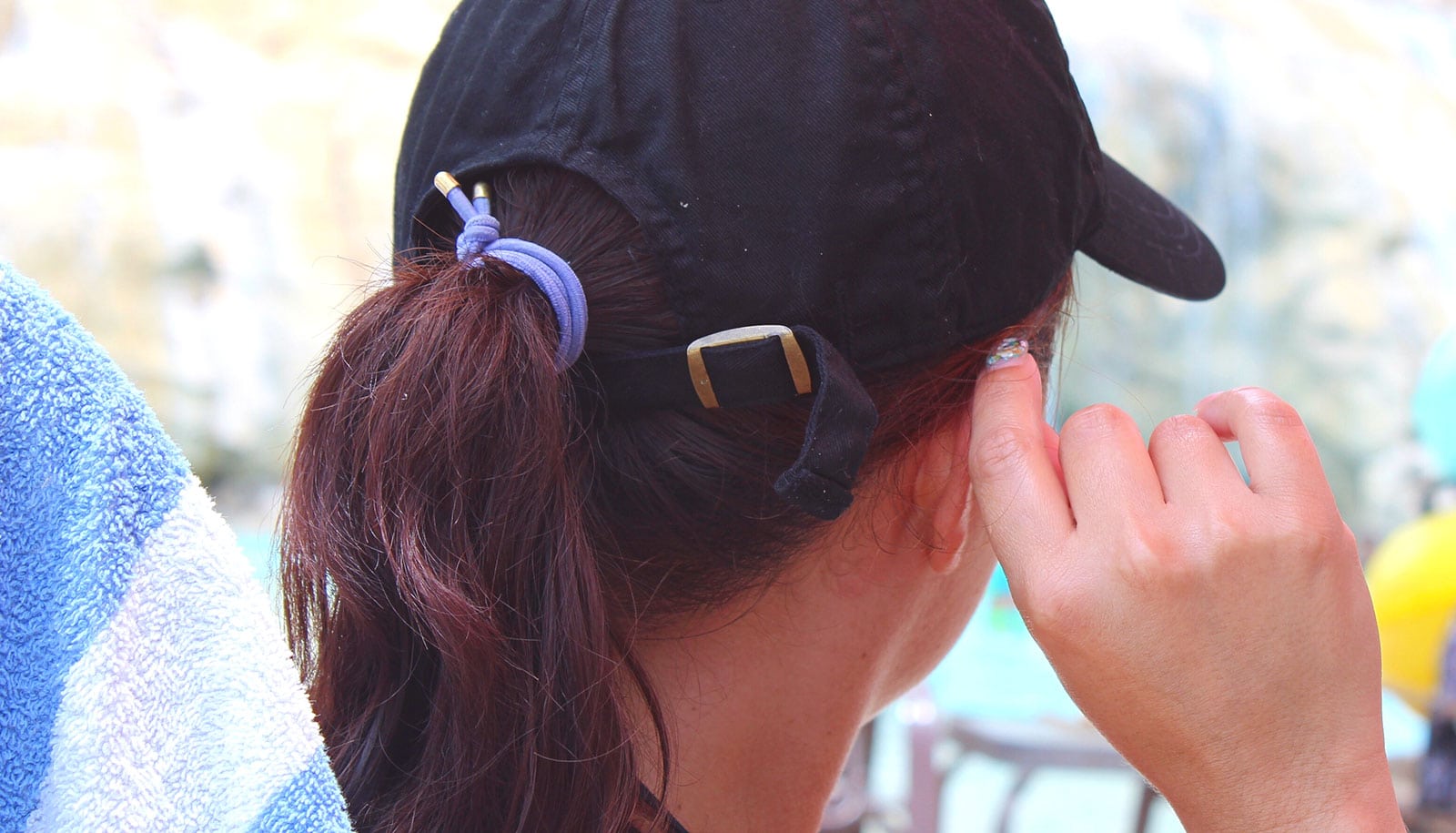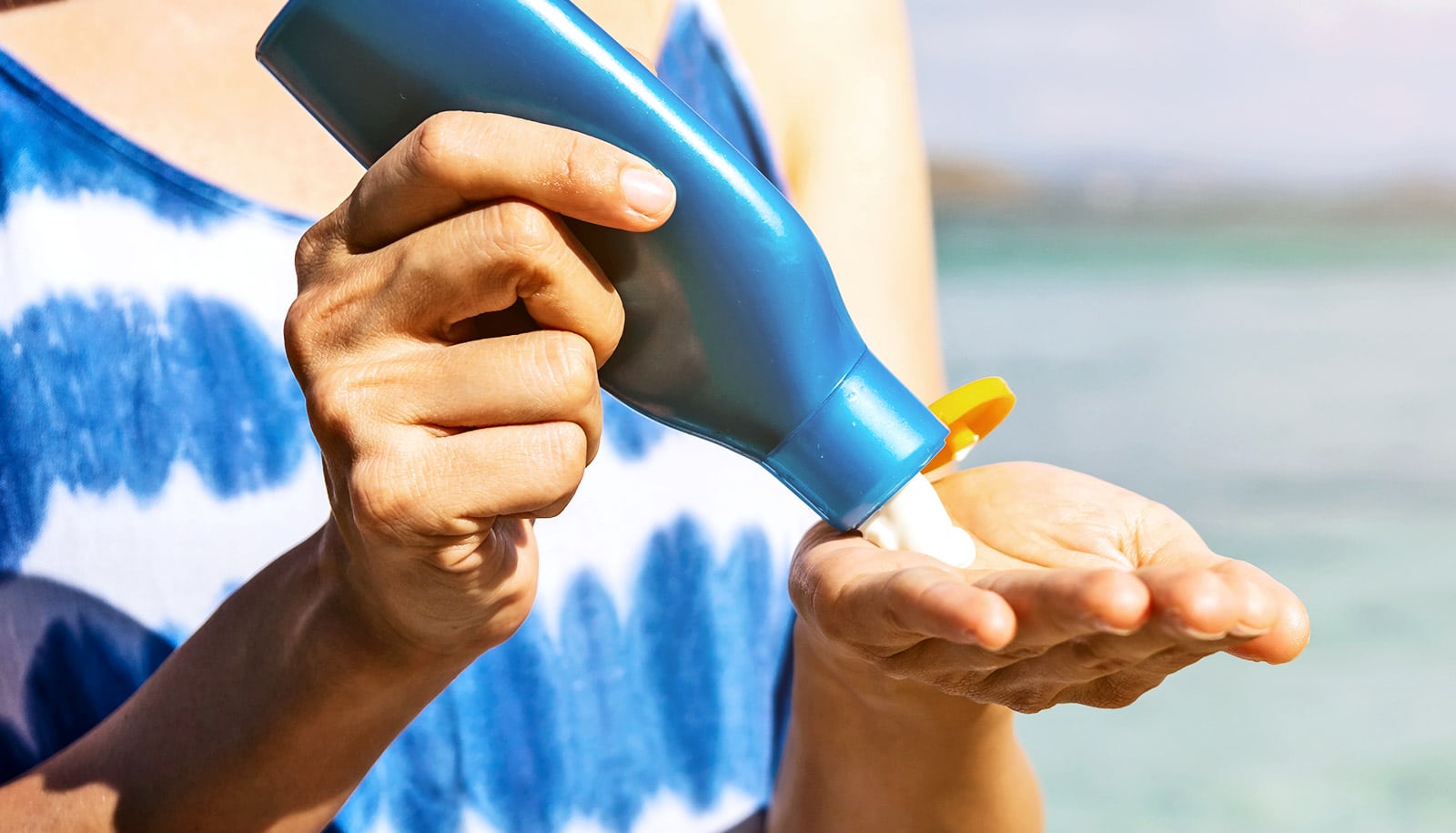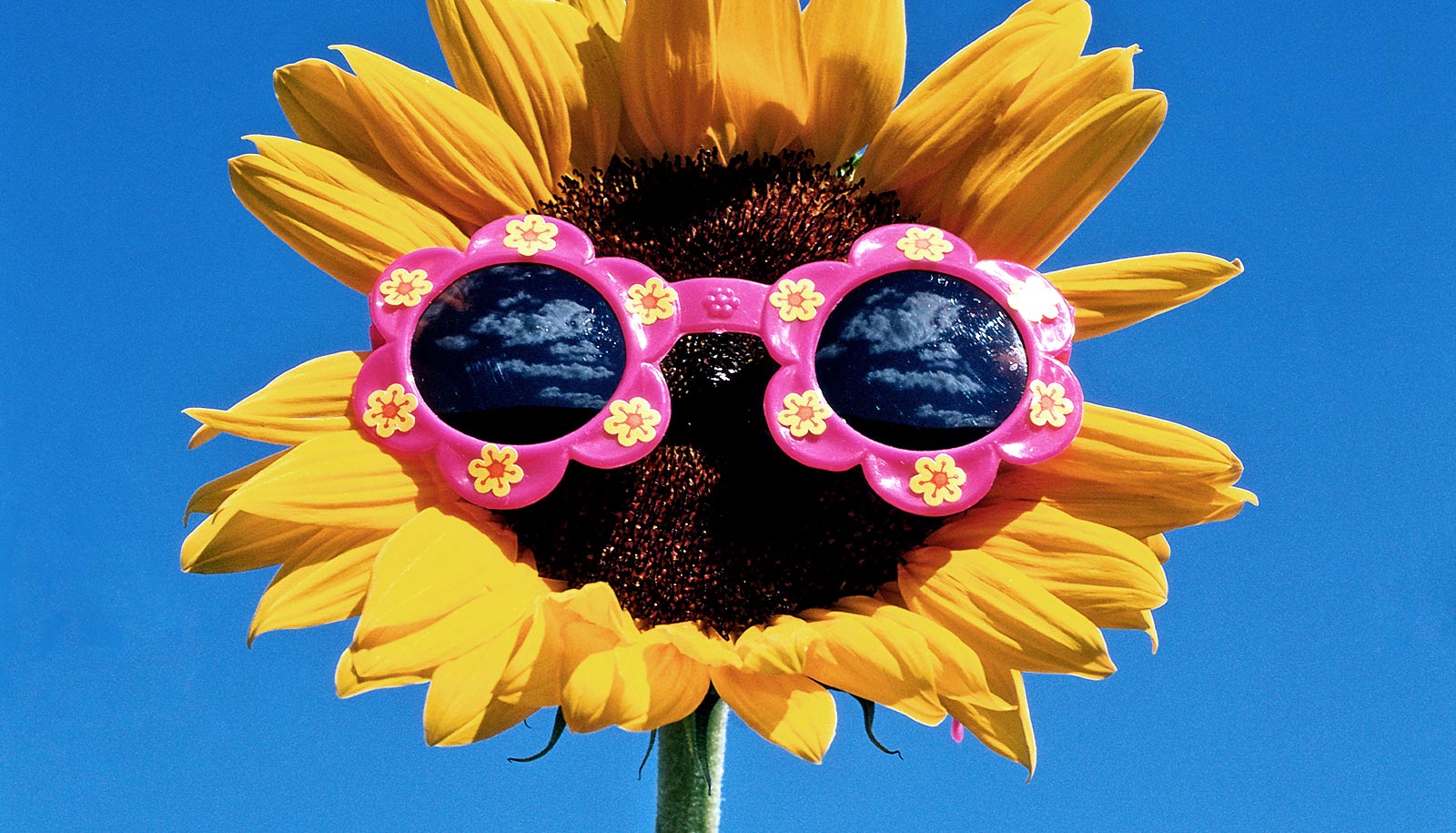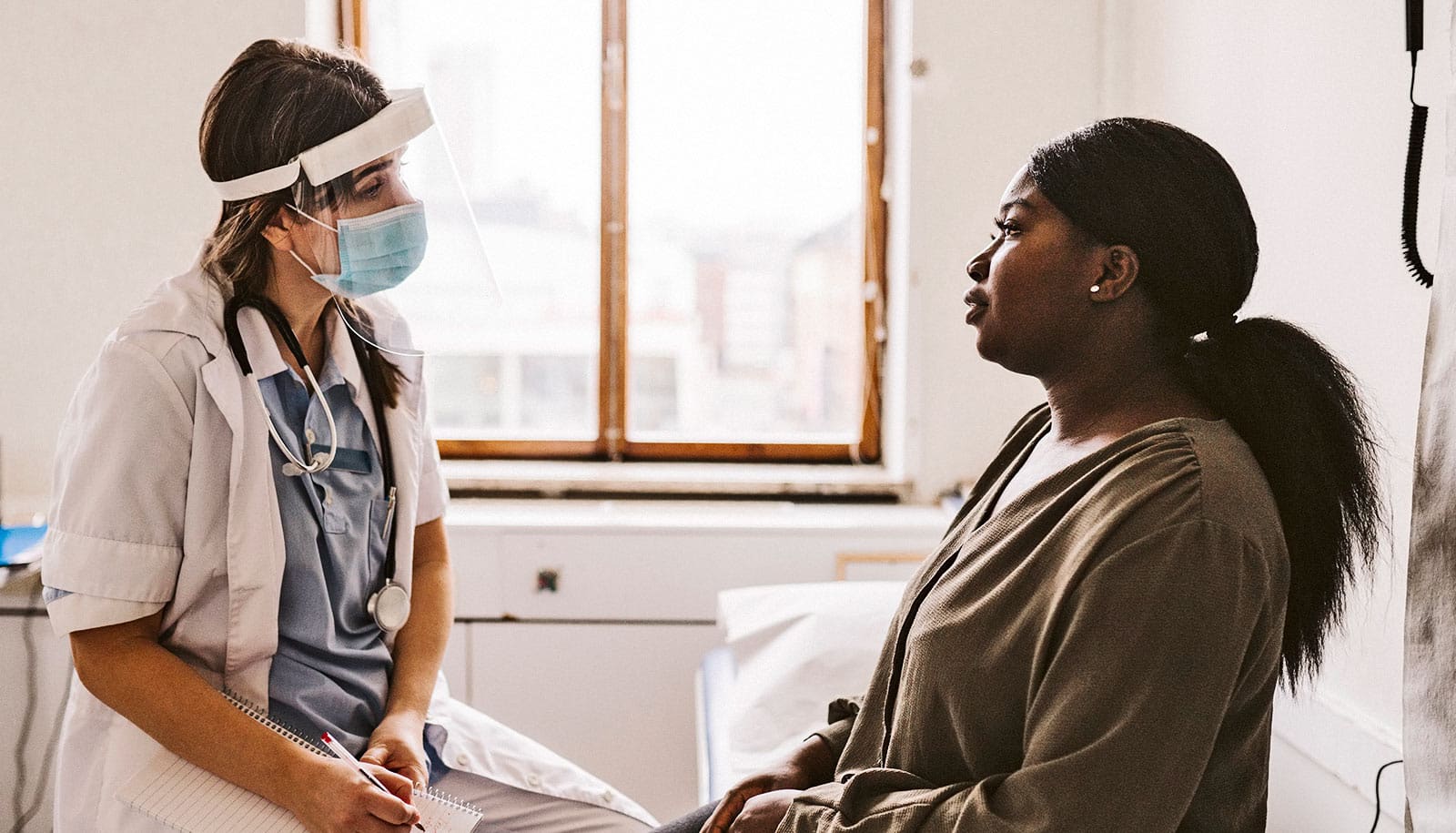A new study of women in Puerto Rico finds a lower risk of breast cancer is associated with greater sun exposure.
Researchers used a chromameter to compare skin pigmentation in unexposed and exposed skin in 307 cases and 328 controls. The difference in skin pigmentation provided an estimate of usual sun exposure.
“This study was unique in that it was of Puerto Rican women, which allowed for us to look at this association in a population with a wide range of skin color and with year-round high sun exposure,” says Jo L. Freudenheim, a professor in the epidemiology and environmental health department in the University at Buffalo School of Public Health and Health Professions and senior author of the paper in Cancer Epidemiology, Biomarkers & Prevention.
There is some, albeit inconsistent, evidence that sun exposure is associated with lower risk of breast cancer. There are a number of reasons that may explain this finding, says Freudenheim.
“One step in the internal production of vitamin D occurs when skin is exposed to sun,” she says. “Sun exposure also affects the body in a number of other helpful ways, with effects on inflammation, obesity, and circadian rhythms.
“While recent recommendations have been to limit sun exposure to prevent skin cancer, there may also be a benefit to some sun exposure, especially exposure without sunburn.”
The previous studies on sun exposure and breast cancer have been conducted in places that experience seasonal variation in ultraviolet radiation, including periods of low to no exposure. In Puerto Rico, however, there is no significant seasonal fluctuation, with the potential for continuous exposure to high UV radiation for those who spend time outdoors.
“The study provided consistent results across different parameters,” says first author Cruz Nazario, an epidemiology professor at the University of Puerto Rico. “Breast cancer risk was lower for women with the highest accumulated sun exposure. Similarly, the risk was lower independent of estrogen receptor status, and it was even lower among participants with darker skin color.”
Additional coauthors are from the University of Puerto Rico and the University at Buffalo.
Source: University at Buffalo



